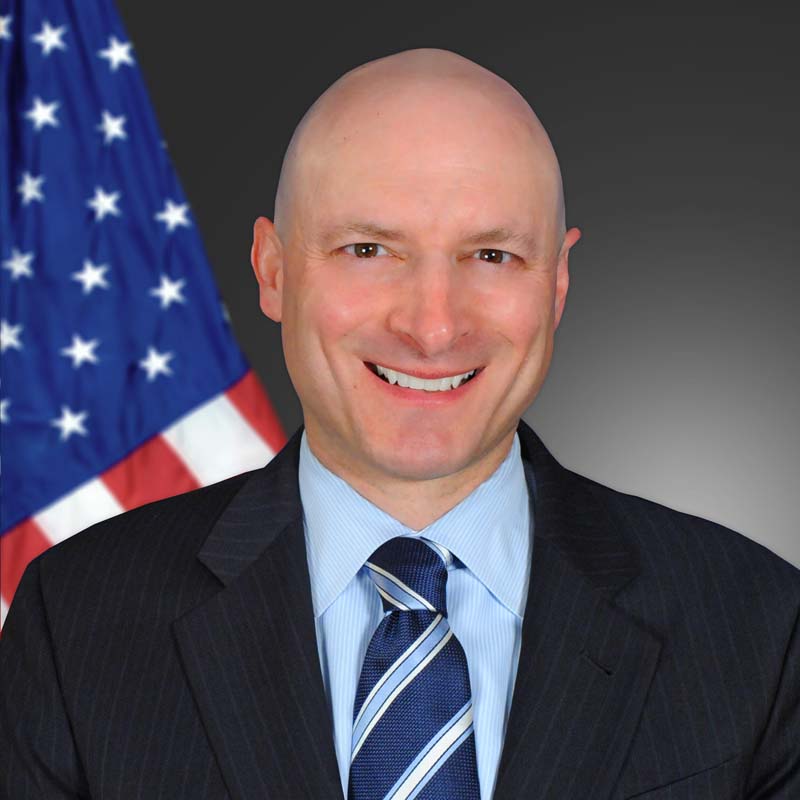Statement from Chairman Elliot F. Kaye: Samsung Galaxy Note7 Recall
“Each year, CPSC announces about 400 recalls. And each year, a significant percentage of those recalls result in a frustratingly and dangerously low consumer response rate. Thankfully, the Samsung Note7 recall has been different in this regard. Samsung and the wireless carriers fully delivered on an agreement to carry out a comprehensive recall program and the result is a good one – a 97% (and counting) consumer response rate. Samsung has been accountable in taking steps to drive up the recall response rate and keeps pushing, as they should, for every one of the recalled phones to be returned. The overheating and fire risk with the defective batteries is a serious one, so I urge the remaining Note7 owners who are holding out to do the right thing and get a full refund or a new phone.
Samsung’s announcement of the findings of their investigation into the root cause of both Note7 batteries that were recalled is an important step forward. While CPSC staff continues to conduct an independent investigation, let me set reasonable expectations for how it might go: CPSC is a vital health and safety agency, but we have nowhere near the resources and people power that Samsung does. Not even close. In fact, Samsung employed more engineers and staff to work on just this issue than CPSC has employees at our entire agency. Think about that. One company dedicated more personnel to work on one safety analysis than exists at the one United States Government agency with oversight over almost all consumer product safety issues in the entire country. We have great people and will do the absolute best job we can with our investigation, but unless Congress finally treats consumer safety as the priority it should be, we will not be able to match what Samsung has done by building a new facility for this purpose and using hundreds of engineers to test hundreds of thousands of phones and batteries.
As I have said previously, consumers should never have to worry that a battery-powered device might put them, their family or their property at risk. This is why we need to modernize and improve the safety standards for lithium-ion batteries in consumer electronics and also stay ahead of new power sources that will inevitably come along and replace these. Consumers expect more power from a smaller battery that charges faster and discharges more slowly. Companies are under a lot of pressure to meet this performance demand. CPSC and Samsung are working with the wireless industry, battery manufacturers and electrical engineers to take a fresh look at the voluntary standard for lithium-ion batteries in smartphones. Samsung plans to share what they learned from the investigation they conducted, along with Underwriters Laboratories and Exponent, which will benefit the entire industry – and the safety of all consumers.
In the aftermath of massive hoverboard and smartphone battery recalls, we added to the CPSC’s 2017 operating plan a project for our technical staff to assess the state of high-density battery technology, innovations in the marketplace, gaps in safety standards, and the research and regulatory activities in other countries. Beyond an excellent recall response rate, we need more good to come out of the Note7 recalls and I believe Samsung agrees. At a minimum, industry needs to learn from this experience and improve consumer safety by putting more safeguards in place during the design and manufacturing stages to ensure that technologies run by lithium-ion batteries deliver their benefits without the serious safety risks.”

